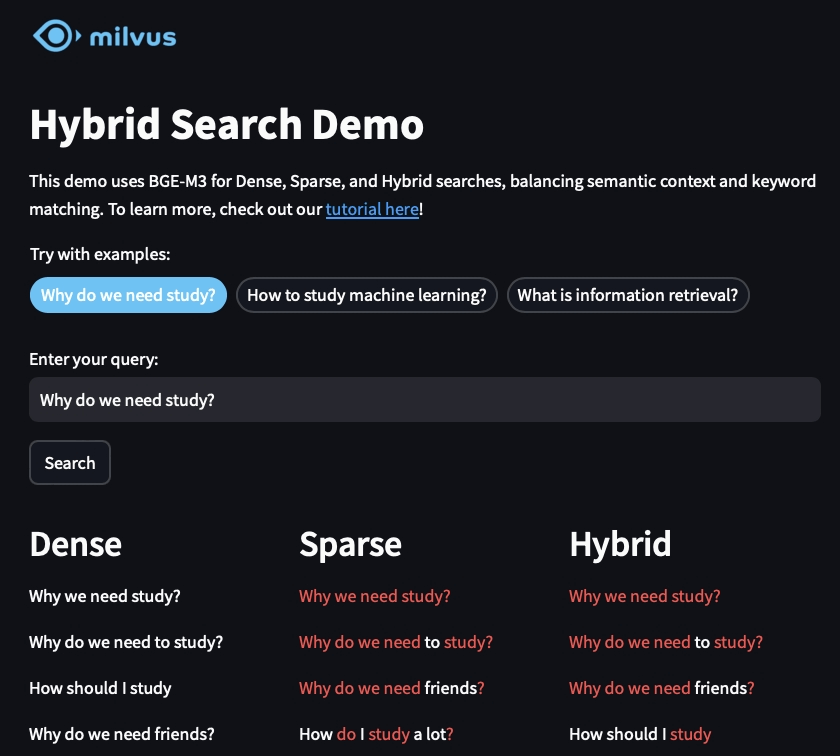Tokenization in full-text search is the process of breaking down a block of text into smaller, searchable units called tokens. These tokens are typically words, numbers, or symbols, and they form the foundation of how search engines index and retrieve information. For example, the sentence “The quick brown fox jumps” might be tokenized into ["quick", "brown", "fox", “jumps”], ignoring common words like “the” (stop words) and normalizing case. Tokenization ensures that the search engine can efficiently map terms to documents, enabling fast lookups during queries. It’s the first step in text processing pipelines and directly impacts search accuracy and performance.
The importance of tokenization lies in its role as the gateway to search relevance. How text is split into tokens determines what users can find. For instance, a tokenizer that splits hyphenated terms like “state-of-the-art” into ["state", "of", "the", “art”] allows searches for “art” to match that phrase. Conversely, a tokenizer that preserves hyphens might treat it as a single token, requiring an exact match. Tokenization also handles edge cases: email addresses (user@example.com), URLs (https://example.com), or languages without spaces (Chinese). If a tokenizer fails to handle these correctly, the search engine might miss relevant documents or return false positives. For example, a poorly configured tokenizer might split “user@example.com” into ["user", "example", “com”], making it impossible to search for the full email address.
Developers configure tokenizers based on their application’s needs. Tools like Elasticsearch and Lucene offer built-in tokenizers, such as the standard tokenizer, which splits text on word boundaries and punctuation, or the whitespace tokenizer, which splits only on spaces. Custom tokenizers can address specific requirements: preserving hashtags (#AI), handling apostrophes (“don’t” → [“don’t”] vs. ["don", “t”]), or supporting languages with complex morphology. For example, Chinese tokenizers often use machine learning models to split characters into meaningful words. A key consideration is consistency: the same tokenization rules must apply during both indexing and querying to avoid mismatches. Tokenization is foundational—choosing the right approach ensures the search engine understands user intent and delivers accurate results.
